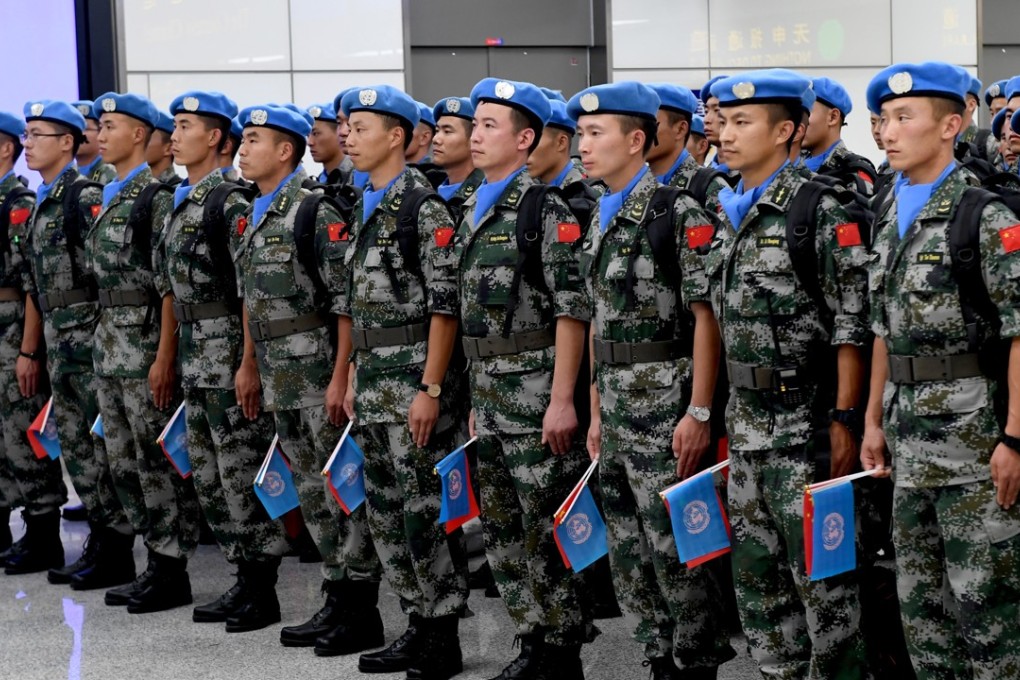To intervene or not? China’s foreign policy experiment in South Sudan raises questions
Yanmei Xie and Casie Copeland say China’s growing involvement in South Sudan’s civil war differs from its past approach to non-interference, though there is debate on the long-term implications as its role in African, and global, security affairs increases


It wasn’t an easy decision, as greater involvement went against decades of caution and the aversion to responsibility ingrained in China’s foreign policy doctrine. Since its “Go Out” policy in the 1990s, Chinese companies and diaspora had spread far and wide, often to unstable regions. But when instability turned into crises, Beijing had invariably opted for withdrawal. From 2006 to 2011, China conducted 10 large-scale evacuations of nationals from foreign countries due to unrest, wars and natural disasters. Chinese diplomats had reasoned that the best course was to pack up and cut losses as China had neither the desire nor the capabilities to interfere in another country’s affairs.
How a humanitarian naval mission is boosting China’s global ambitions
The calculation began to change as Beijing’s diplomatic and military clout grew and its willingness to passively accept loss – and outcomes “imposed” by “meddling” Western powers – shrank. When Horn of Africa nations asked China to help with mediation in South Sudan, China seized the opportunity.